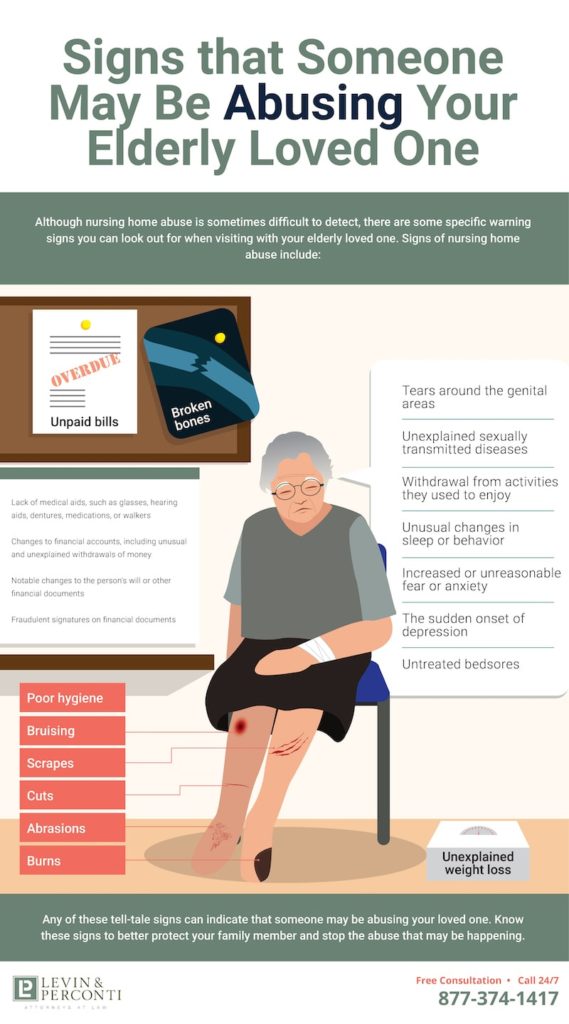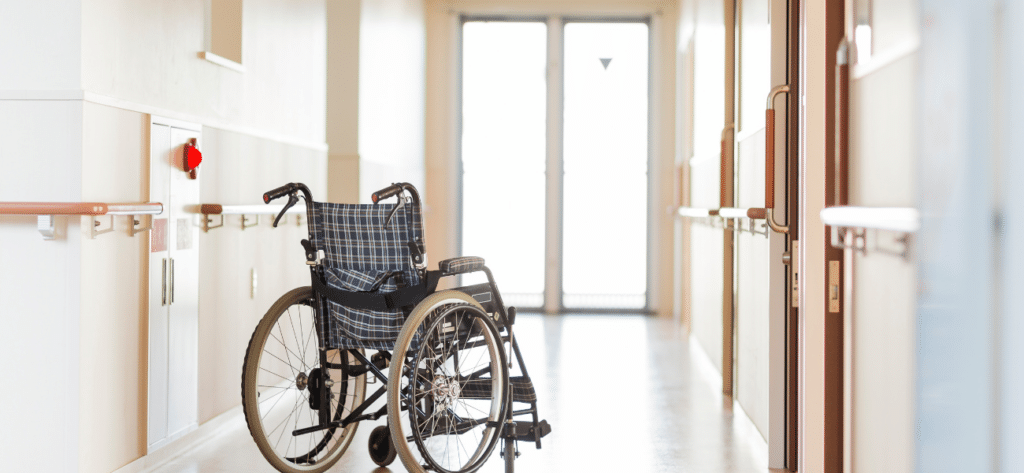Nursing Home Abuse Case Results
$4.1M
jury verdict on behalf of an 85-year-old woman injured in a nursing home when her medications were mismanaged. The verdict is record breaking as the highest Illinois Nursing Home Care Act verdict since 2006, when our firm obtained a $2.9 million dollar Nursing Home Care Act verdict. Susan L. Novosad, Margaret Battersby Black, and Daniel A. Goldfaden were the attorneys on the case. July 18, 2017.
$2.7M
$2.9M
$2.8M
$2.3M
$1.5M
$1.5M
$1.4M
$1.4M
$1.3M
$1.2M
$1.1M
$1M
$1M
$1M
$1M
$1M
$1M
verdict against assisted living facility who admitted liability for failing to give a proper mechanical soft diet due to understaffing and poorly trained staff resulting in choking and death of a 67 year old man.
$1M
$1M
$1M
$1M
$999,000
$995,000
$950,000
$950,000
settlement against an Evergreen Park nursing which has subsequently been shut down by the State of Illinois for a 91-year-old nursing home resident who over a three year period suffered from malnutrition and dehydration sustaining a body loss of 1/3 of her total weight within the last three months, causing a hospitalization and death.
$950,000
settlement for the family of an 81-year-old nursing home resident in a wheelchair who fell down a flight of stairs and suffered a subdural hematoma and died seven months later.
$925,000
$919,000
$917,912
$914,000
$900,000
settlement for a 74-year-old nursing home resident who suffered a serious brain injury in a fall at the Defendant nursing home. The lawsuit alleged that the facility failed to appropriately develop, implement and revise a care plan to address our client’s fall potential and failed to ensure that he received appropriate supervision and assistive devices to prevent nursing home falls.
$900,000
settlement against a nursing home whose failure to monitor a 58-year-old wheelchair- bound resident’s unauthorized smoking caused the resident to sustain severe burns, resulting in death.
$900,000
$900,000
$862,500
settlement for a nursing home resident who contracted MRSA as a result of staff negligence while living at the defendant facility, causing him to undergo additional surgeries and amputation.
$861,788
$850,000
$825,000
settlement for the daughter of a former nursing home resident who suffered at least six falls during her residency. The facility failed to create any care plan to address her risk for falls until after her last fall, in which her eye burst, requiring an eye enucleation surgery. Her conditioned declined significantly after this surgery and she died one month later.
$825,000
$820,000
$800,000
$800,000
$800,000
$760,000
$750,000
$750,000
$750,000
$750,000
$750,000
$750,000
nursing home fall settlement for the daughters of an 89-year-old woman who died from post-operative complications after falling in the defendant facility. Our client’s mother was left alone in the bathroom, and she fell, suffering a left femur fracture that required surgery.
$715,000
$700,000
$700,000
$700,000
$700,000
$690,000
$675,000
$665,000
$650,000
$650,000
$650,000
$645,000
$600,000
$600,000
$600,000
$600,000
$575,000
$570,000
$510,000
$500,000
$500,000
$500,000
$500,000
$500,000
$500,000
$475,000
$410,000
$400,000
Confidential
settlement amount for a nursing home resident who asphyxiated and died after becoming entrapped between her mattress and bed rail. Her bed alarm was found unplugged, and the required alarm mat was missing. Levin & Perconti was asked to co-counsel this out-of-state nursing home neglect case by a referring attorney.
Contact Us

Free Consultation

Available 24/7




